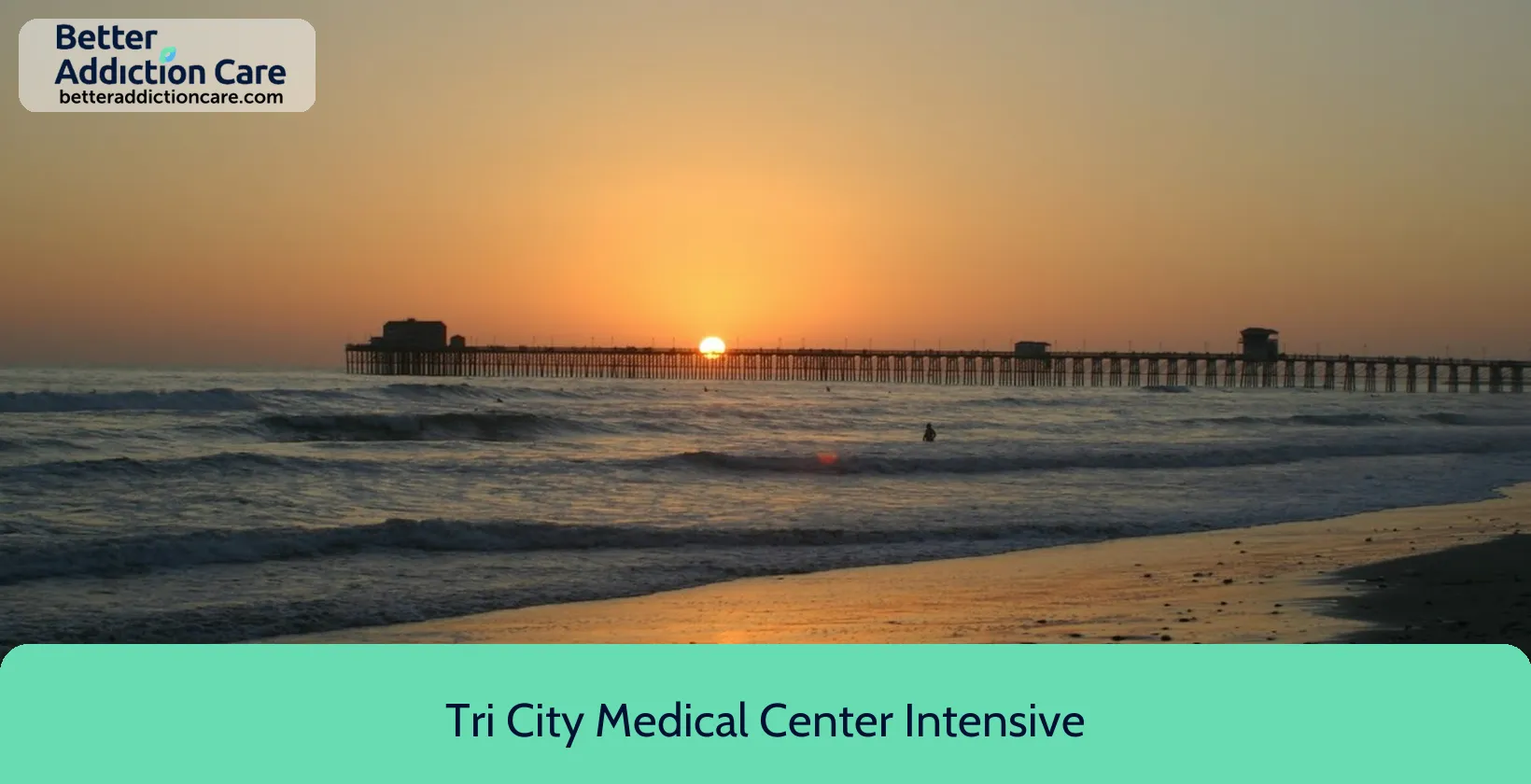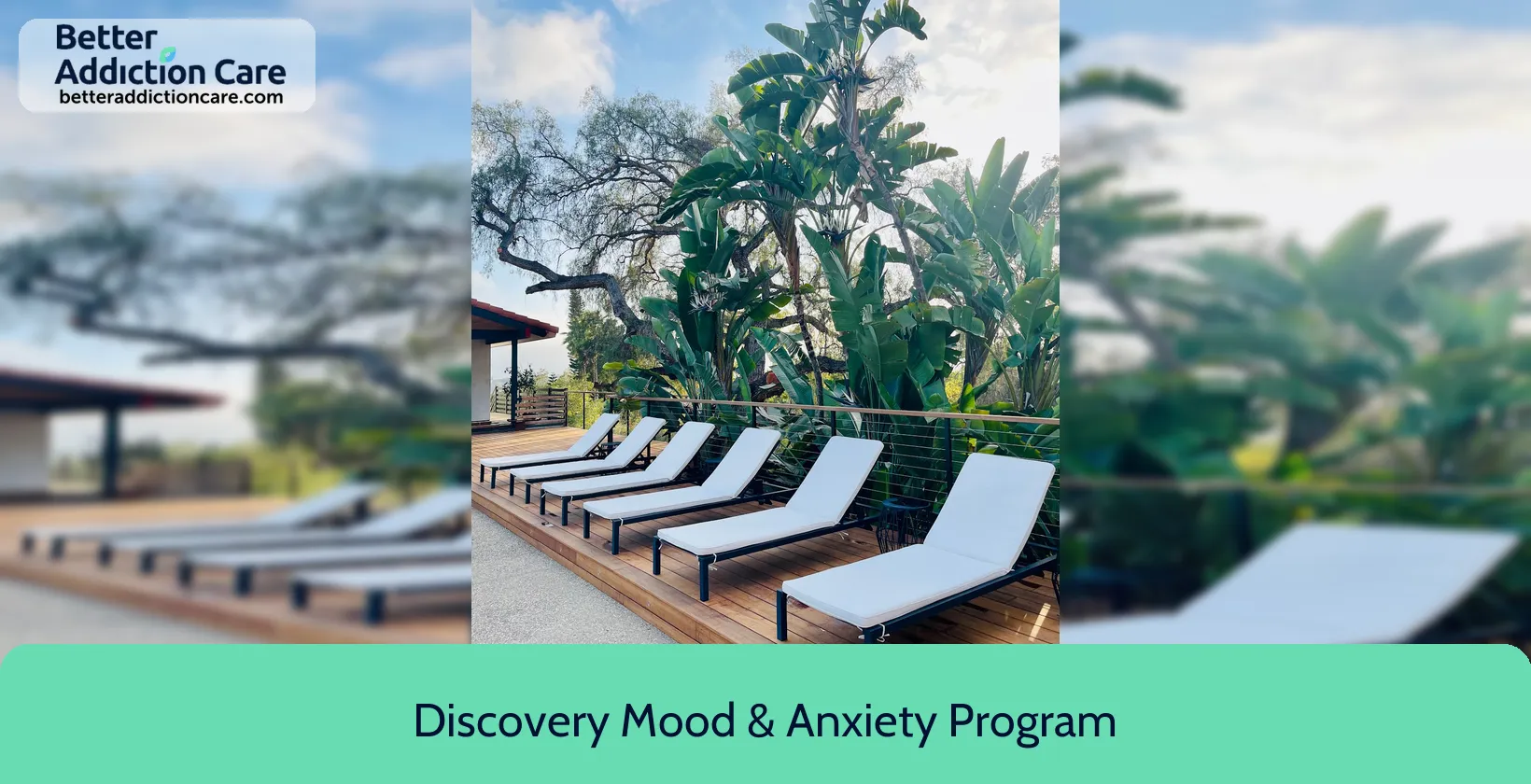Choices in Recovery

Overview
Choices in Recovery is a substance abuse treatment center for people seeking treatment near San Diego County. As part of their treatment modalities for recovery, Choices in Recovery provides 12-step facilitation, group counseling, and individual psychotherapy during treatment. Choices in Recovery is located in Vista, California, accepting cash or self-payment for treatment.
Choices in Recovery at a Glance
Payment Options
- Cash or self-payment
- Medicaid
Assessments
- Comprehensive substance use assessment
Age Groups
- Adults
- Young adults
Operation
- Private non-profit organization
Highlights About Choices in Recovery
6.71/10
With an overall rating of 6.71/10, this facility has following balanced range of services. Alcohol Rehabilitation: 8.00/10, Drug Rehab and Detox: 6.00/10, Insurance and Payments: 6.00/10, Treatment Options: 6.85/10.-
Alcohol Rehabilitation 8.00
-
Treatment Options 6.85
-
Drug Rehab and Detox 6.00
-
Insurance and Payments 6.00
Treatment At Choices in Recovery
Treatment Conditions
- Alcoholism
- Opioid Addiction
- Substance use treatment
Care Levels
- Detoxification
- Aftercare
- Outpatient
- Hospital inpatient treatment
Treatment Modalities
- 12-step facilitation
- Group counseling
- Individual psychotherapy
- Family counseling
- Recreational Therapy
Ancillary Services
Special Programs
- Clients with HIV or AIDS

Additional Locations
Get Help Now
Common Questions About Choices in Recovery
Contact Information
Other Facilities in Vista

6.90

6.71

6.74
DISCLAIMER: The facility name, logo and brand are the property and registered trademarks of Discovery Mood & Anxiety Program - Vista, and are being used for identification and informational purposes only. Use of these names, logos and brands shall not imply endorsement. BetterAddictionCare.com is not affiliated with or sponsored by Discovery Mood & Anxiety Program - Vista.
